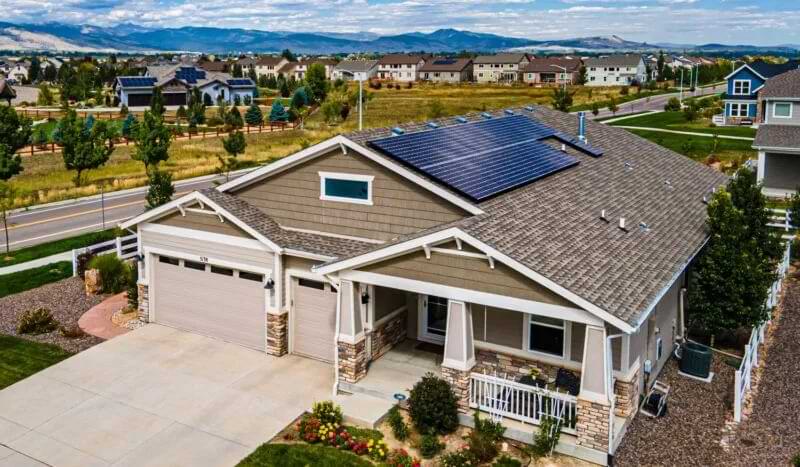
The annual cost of solar energy systems is decreasing, prompting many California homeowners to consider installing solar panels. With the Sacramento Metro area experiencing around 270 sunny days per year, the appeal of solar energy is heightened by its environmental benefits and potential savings on energy bills. Additionally, state incentives, tax credits, and rebates further boost the attractiveness of solar panels.
For more details on local solar incentives, you can explore the Database of State Incentives for Renewables & Efficiency.
A common question is whether solar panels genuinely increase a home’s value, as advertised by solar companies. According to the Office of Energy Efficiency and Renewable Energy, installing solar panels can enhance your property’s value. Research indicates that home buyers nationwide are often willing to pay around $15,000 more for a home with an average-sized solar panel system. Solar panels are considered valuable upgrades similar to modernized kitchens or finished basements.
Nevertheless, several factors influence whether solar panels will actually boost your home’s value:
System Age
The lifespan of a solar system is roughly 25 years. New systems with cutting-edge technology, extended warranties, and minimal maintenance needs are the most beneficial. Older systems may show depreciation, which could affect your home’s selling price.
Leased vs. Owned
For solar panels to positively impact property appraisal, they need to be owned outright by the homeowner and should be transferable without additional liabilities. Warranties and performance guarantees typically transfer with the system’s sale.
Leased solar panels do not contribute to an increase in appraised home value. In contrast, if the panels are fully owned, their impact on value depends on the energy they produce.
Energy Production
The Appraisal Journal notes that each $1 reduction in energy costs translates to an approximate $20 increase in home value. Recent Fannie Mae guidelines suggest that appraisers should factor in the value added by a solar energy system.
To evaluate this, appraisers consider the projected energy output of the solar installation. Key factors include:
- System Age: Solar panels degrade by about 0.75% annually, so the current output is less than it was when new.
- System Orientation: Factors like shading, the slope, and the direction (ideally facing 180 degrees south for optimal production) affect energy yield.
- System Size: The capacity of the system, measured in kilowatts, also influences the value.
Appraisers use a Discounted Cash Flow (DCF) analysis to estimate the current value of the solar system based on its anticipated future energy savings.

